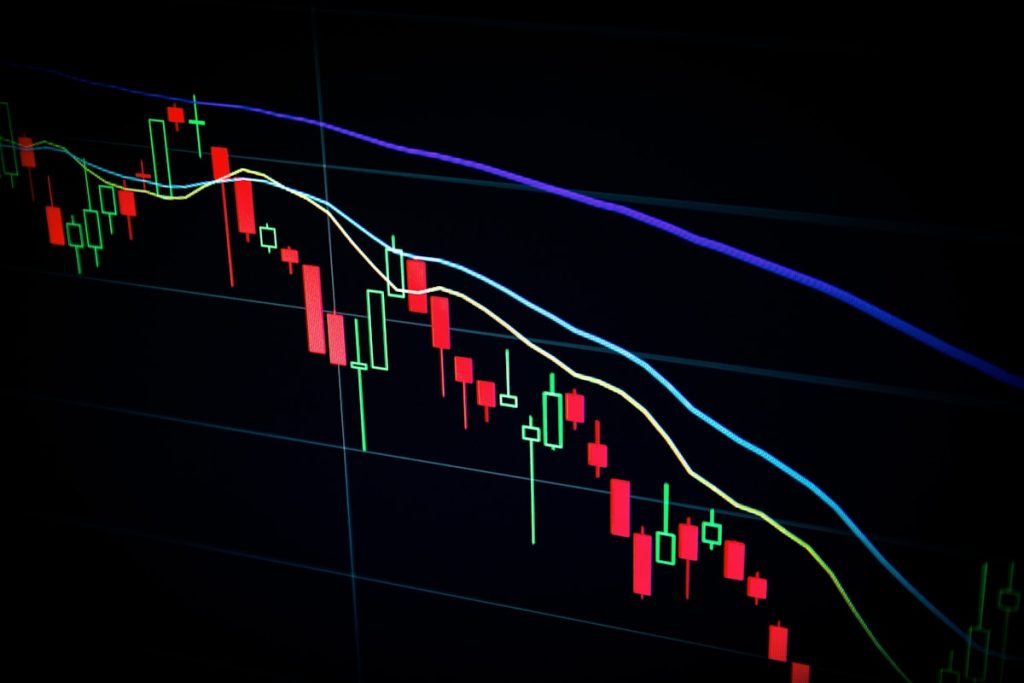Asian Shares Follow Wall Street’s Rebound After Volatile Session
Asian equities rose on Tuesday, mirroring a sharp recovery on Wall Street that erased most losses from Friday’s sell-off. Investor sentiment improved as strong corporate earnings and easing concerns about aggressive monetary tightening lifted global markets.
Wall Street’s Resilience Sets the Tone
U.S. stocks surged overnight, with the S&P 500 gaining 0.9% and the Nasdaq Composite climbing 1.3%, driven by robust performances in tech giants like NVIDIA and Amazon. The rebound came after Friday’s steep decline, which was triggered by inflation jitters and geopolitical tensions. Analysts attributed the turnaround to renewed optimism about Federal Reserve rate cuts later in 2024, despite sticky inflation data.
Asia-Pacific Markets Rally Broadly
Japan’s Nikkei 225 jumped 1.5%, supported by a weaker yen and strong export-sector stocks. South Korea’s KOSPI advanced 1.2%, while Australia’s ASX 200 rose 0.8% amid gains in mining shares. Hong Kong’s Hang Seng Index outperformed, climbing 2.1% as tech stocks like Tencent and Alibaba rebounded. Mainland China’s Shanghai Composite edged up 0.6% following better-than-expected manufacturing PMI data.
Drivers of the Recovery
- Tech Sector Strength: Semiconductor and AI-related stocks led gains globally.
- Fed Policy Outlook: Markets now price in a 65% chance of a September rate cut.
- Currency Movements: A softer U.S. dollar eased pressure on Asian central banks.
Challenges and Cautions
Despite the rally, analysts noted lingering risks, including China’s property sector turmoil and escalating U.S.-China trade tensions. Bond markets remained cautious, with 10-year U.S. Treasury yields holding near 4.5%. Investors await key U.S. nonfarm payrolls data later this week, which could reshape rate-cut expectations.
Tuesday’s rally underscores the fragile nature of recent market optimism, with traders balancing strong earnings against macroeconomic uncertainties. The MSCI Asia-Pacific Index has now recovered nearly 80% of Friday’s losses, though volatility is expected to persist.



